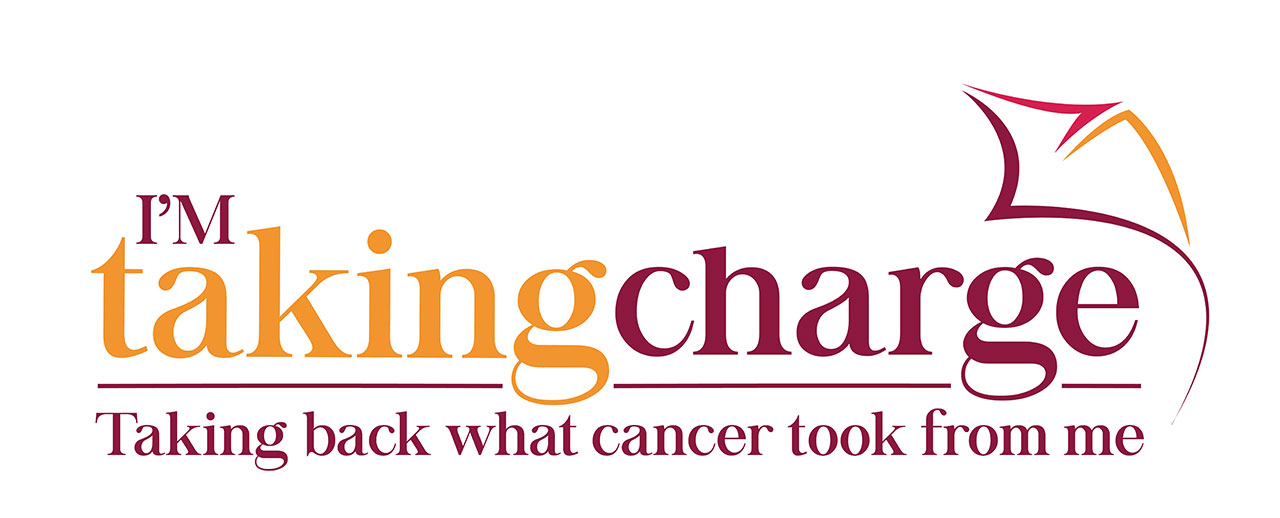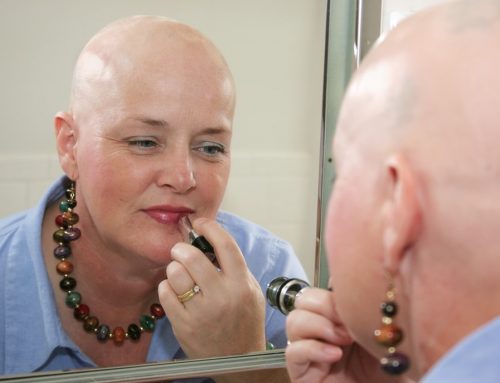WOW, breast cancer. If you’re reading this, then you are searching for answers about all things breast cancer. You may have been diagnosed with cancer or you may have learned of a genetic predisposition and gathering as much information as possible. You may be a family member, spouse, or a great friend helping someone who has been diagnosed. No matter the reason, you are here to find answers to a million questions: Where do I start? How do I learn all there is to know about this thing called breast cancer? And how much of this do I really need to know?
Where Do I Start?
You start with you. Take a deep breath and know that your chances of living a long and healthy life are better than they have ever been. Cancer treatment technology is constantly evolving and new medicines are being developed every single day. While you may be overwhelmingly aware of the battle ahead, the truth is today there are a lot of women (and men too) winning this battle every day.
Some Breast Cancer Basics
Start with simple steps that will keep you organized and focused on your recovery. Here are a couple of essentials to get you started:
- Get some help–you don’t need to do this alone. Ask a friend or family member that has a level head. You know, the one that thinks with a checklist. They will be your personal assistant. They will go to appointments with you to ask the questions you forgot, they will hold your hand during treatment (if you want), and they will make sure your paperwork is taken care of. Your primary focus is taking care of yourself. Delegate the daily administrative duties. Of course, you could be one of those who needs that work to keep you distracted a little. And that is perfectly OK, but share the load. If you don’t have someone close enough to turn to, many hospitals have Breast Patient Navigators that can help. They are like a breast cancer concierge; they are there to give direction, support, and help you through your journey.
- Learn the general details about your cancer and treatment. You will be given a lot of information, and your friends and family may contribute to a good deal of that information. In the beginning find out what kind of cancer you have, the causes, the stages, treatment options and their side effects, surgery and reconstruction options, and terminology. Learning the terms will help you to communicate with your physicians and treatment providers. Check out our list of Most Common Terminology.
- Ask a lot of questions and write them down. This may sound obvious, but keeping a journal of all your questions will ensure you get an answer. We all have good intentions and think we’ll remember, but when your doctor tells you about a study and treatment plan and starts talking about all the options, those little questions that you didn’t write down will disappear quickly. Remember your personal assistant? Make this their job.
- Find a support group. Yes, you have friends and family, but they aren’t going through what you are. There are some amazing support groups across the country. Your physician or hospital can recommend some as well.
- Second Opinions. There are valid reasons for and against getting a second opinion, and ultimately it is up to you. Read More
There are so many resources out there; good ones and not so good too. We’ve compiled a list of some of the top research organizations in the world in our Resources section. Check it when you’re done reading.






Leave A Comment